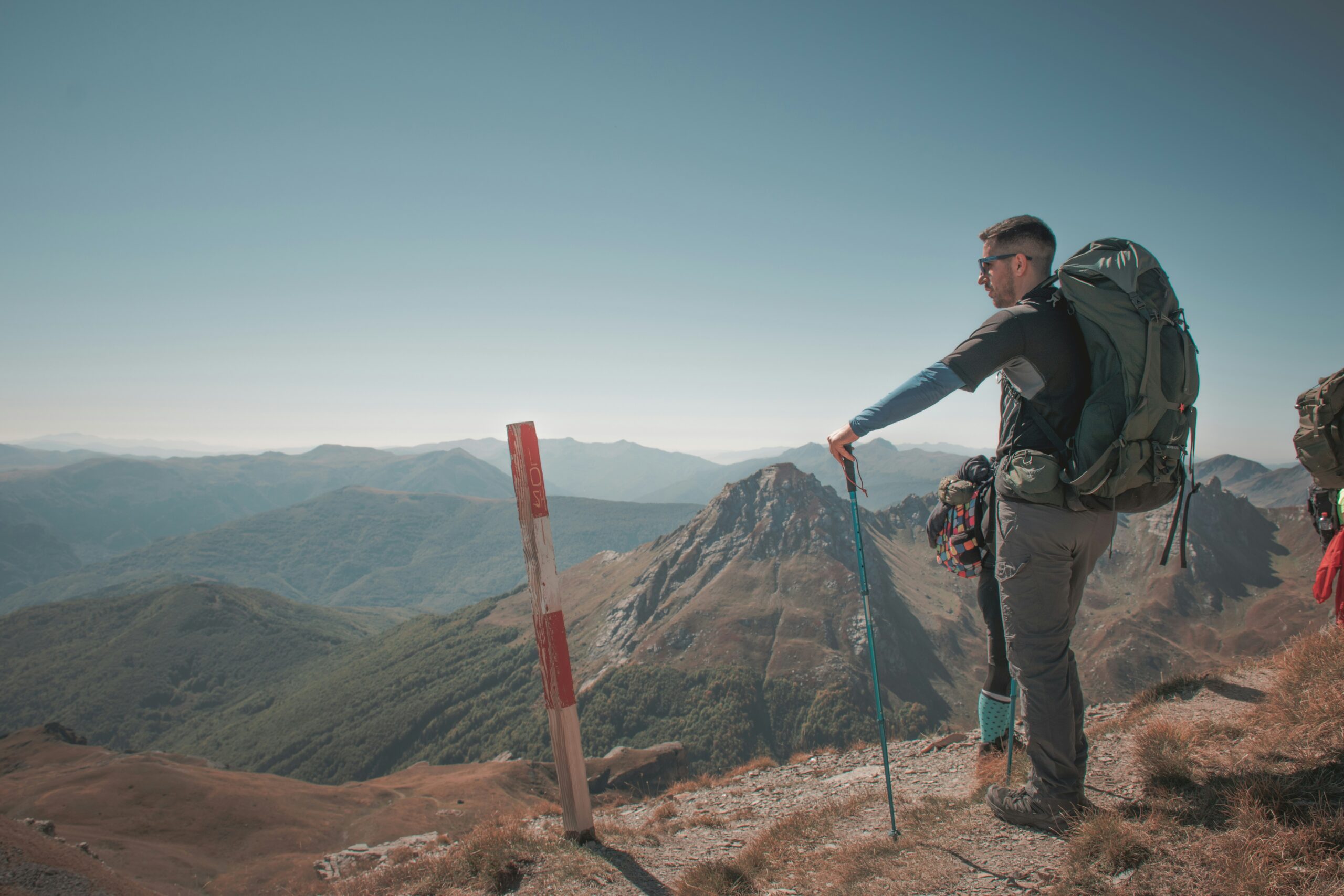

This image is property of images.unsplash.com.
To get a holistic understanding, let’s break down some critical elements that define the trekking experience:
Before embarking on a trek, meticulous planning is paramount. This includes researching the terrain, understanding the weather conditions, assembling the right gear, and conditioning your body for the physical demands.
Research and Route Planning: Detail the elevation changes, distance, and difficulty level. It’s essential to be familiar with the trail, map out rest points, and understand any potential risks.
Physical Training: Cardiovascular fitness, leg strength, and endurance are crucial. Regular hikes, stair climbing, and strength training can prepare your body for the rigors of the trail.
Gear and Supplies: From trekking poles and boots to backpacks and hydration systems, having the right equipment enhances safety and comfort. Don’t forget essentials like first-aid kits, navigation tools, and nutrition-packed snacks.
Once on the trail, it’s all about staying safe, being mindful of your environment, and embracing the journey. Here’s what you need to focus on:
Pace Yourself: Adjust your speed according to the trail difficulty. Overexertion can lead to fatigue and injuries.
Stay Hydrated and Nourished: Regular intake of water and high-energy food can ward off dehydration and keep energy levels stable.
Safety Measures: Always trek with a buddy or in a group. In unfamiliar territories, hiring a local guide can provide invaluable insights and safety.

This image is property of images.unsplash.com.
Imagine treading the ancient pathways that were once walked by the Incas. The 26-mile route to Machu Picchu, known as the Inca Trail, offers stunning Andean landscapes, lush cloud forests, and monumental archaeological sites. The journey culminates at the iconic Sun Gate, revealing the majestic citadel below. For Marta, a trekker from Spain, the Inca Trail was an awakening. As she describes, “Walking through ancient ruins and pristine nature felt surreal. It was as if history whispered through every stone and leaf.”
The journey to Everest Base Camp is often described as a trek for the soul. With soaring peaks, timeless villages, and the vibrant Sherpa culture, it’s a walk through Nepalese paradise. John, an avid trekker from Canada, recounts his experience: “The altitude was grueling, and every step seemed heavier. But the camaraderie among fellow trekkers and the unwavering support from the locals kept my spirits high. Reaching the base camp, gazing at Everest, I felt a profound sense of accomplishment.”
One of the world’s most famous pilgrimages, the Camino de Santiago, spans across Spain, drawing thousands of trekkers annually. It’s a path steeped in religious history and personal reflections. Amelia, from the UK, embarked on this journey seeking solace after a personal tragedy. “Walking the Camino was therapeutic. Each town and fellow pilgrim I met along the way shared a story, a lesson. By the time I reached Santiago de Compostela, I had found peace within.”

This image is property of images.unsplash.com.
Every trek offers a unique blend of challenges and rewards. Let’s compare some globally renowned trekking routes to provide a balanced perspective.
| Trek | Location | Best Time to Visit | Duration | Difficulty | Highlights |
|---|---|---|---|---|---|
| Inca Trail | Peru | May – September | 4 days | Moderate | Ancient ruins, Machu Picchu views |
| Everest Base Camp | Nepal | March – May, Sept – Nov | 12-14 days | Difficult | Highest peaks, Sherpa culture, altitude experience |
| Camino de Santiago | Spain | April – October | 30-35 days | Moderate | Cultural encounters, historic sites |
| Torres del Paine Circuit | Chile | November – April | 7-10 days | Difficult | Patagonian landscapes, glaciers |
| Appalachian Trail | USA | Year-round (varies by region) | 5-7 months | Very Difficult | Diverse terrains, extensive length |
Trekking has a multifaceted impact, both on individuals and communities.
Physical Health: Regular trekking improves cardiovascular health, strengthens muscles, and boosts overall fitness levels.
Mental Well-being: Nature’s tranquility helps reduce stress, improve mood, and foster mental clarity. The sense of accomplishment after completing a trek boosts self-esteem and confidence.
Communities: Trekking brings economic benefits to remote regions, spurring developments in infrastructure and creating job opportunities.

As global awareness about environmental conservation grows, eco-friendly trekking is gaining momentum. Future trekking expeditions will emphasize minimal impact practices, such as using biodegradable products, reducing waste, and promoting sustainable tourism. Community-based tourism will play a pivotal role, ensuring that local cultures and ecosystems are preserved while benefiting economically.
With advancements in technology, future trekkers can look forward to enhanced safety and navigation tools. Wearable tech, real-time weather updates, and drone-assisted emergency rescues are just a few innovations poised to revolutionize trekking.

Trekking, with its blend of challenge and serenity, offers not just an adventure, but a transformative experience. Each step taken on those rugged trails carries a story, a memory, and a lesson. Whether you are a seasoned trekker or a novice, the call of the wild is undeniable.
In today’s discussion, we’ve explored the allure, preparation, real-life experiences, and future directions of trekking. These tales, enriched with history and personal triumphs, serve as reminders of why we continue to seek the thrill of the trails. The stories of Marta, John, and Amelia resonate with the essence of what it means to trek—the exploration of nature and one’s soul.
Do you have a trekking story to share? What’s the next trail that beckons to you? Let’s continue the conversation and perhaps, inspire more to lace up their boots and discover the tales that await.
Discovering the Serene Beauty of Trekking Trails